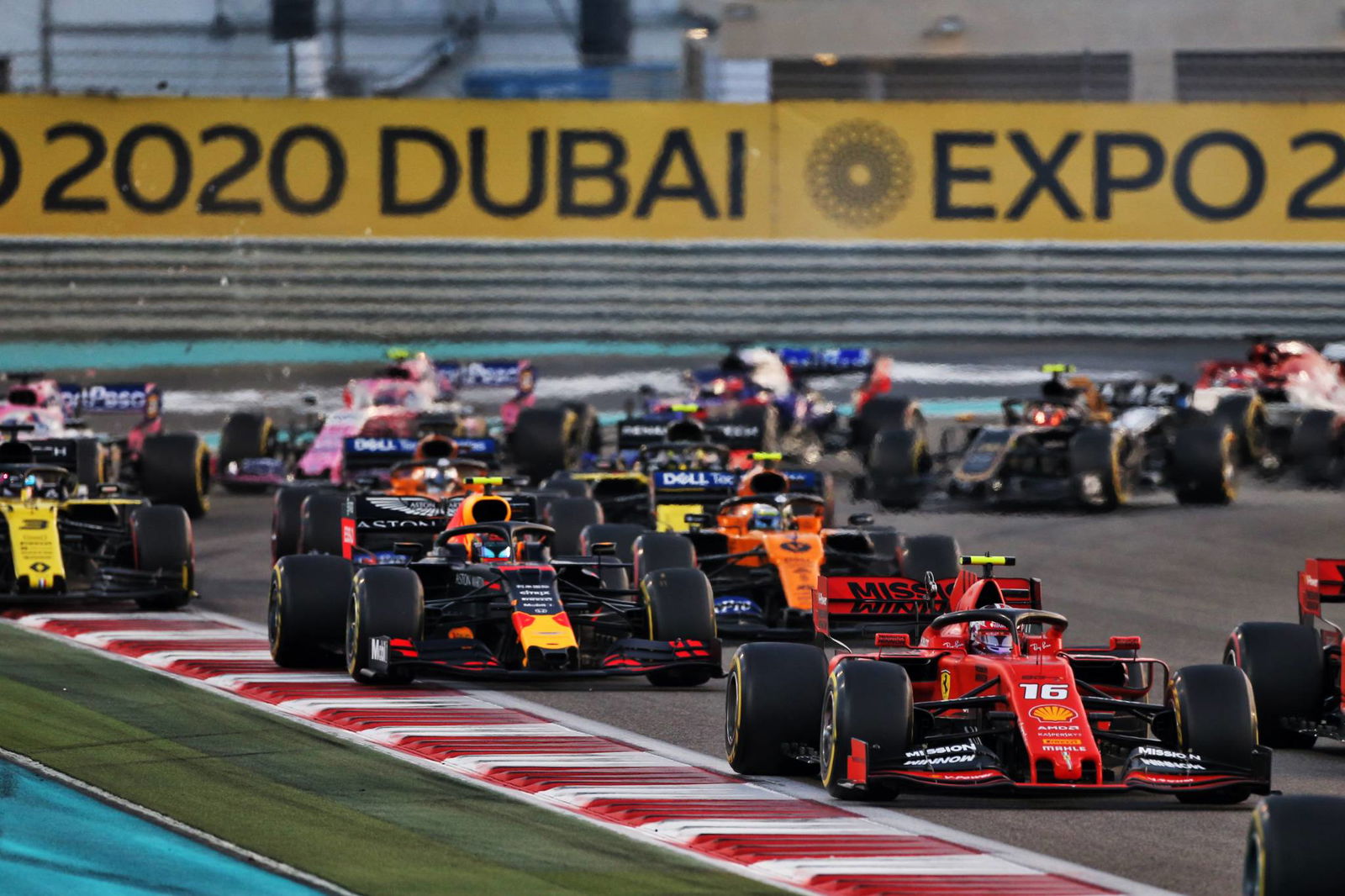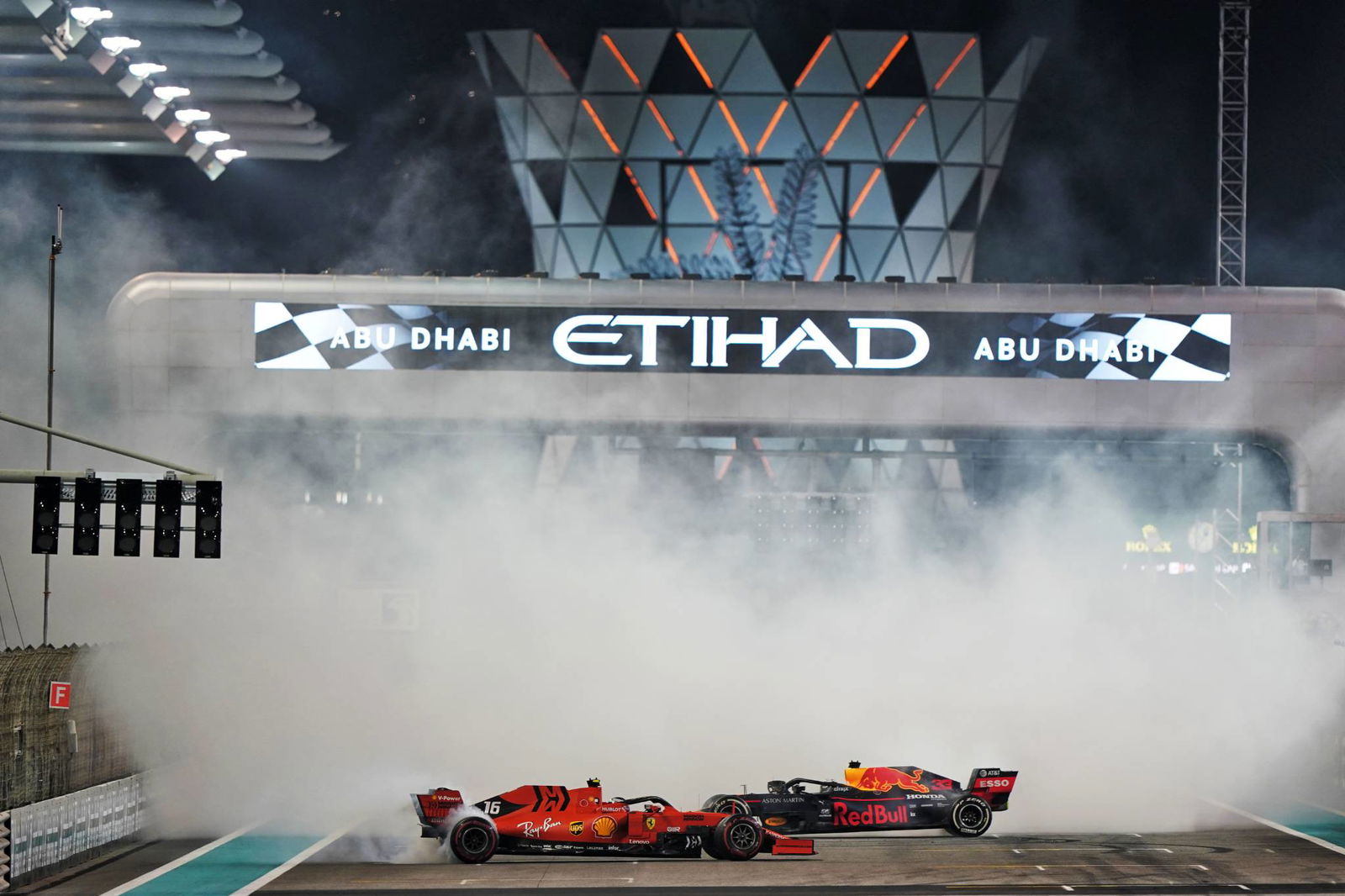Where is F1 six weeks on from Australian GP fallout?
From quarantine lockdowns to reshaping the sport's future, Formula 1 has been turned on its head after the cancelled Australian Grand Prix.
Six weeks on, the sport is planning for its survival amid an uncertain future and with plenty of options still open, exactly how the 2020 F1 world championship will play out remains far from clear.
The fallout

From quarantine lockdowns to reshaping the sport's future, Formula 1 has been turned on its head after the cancelled Australian Grand Prix.
Six weeks on, the sport is planning for its survival amid an uncertain future and with plenty of options still open, exactly how the 2020 F1 world championship will play out remains far from clear.
The fallout
To a backdrop of nervous premonitions F1 arrived at Albert Park with the coronavirus outbreak erupting across the world, with Italy imminently going into lockdown just as Ferrari, AlphaTauri and Pirelli staff were leaving for Australia, leading to some drivers questioning whether they should be racing at all.
Lewis Hamilton’s “cash is king” comment summed up the situation but F1 went into crisis when a McLaren team member tested positive for COVID-19 which resulted in the team immediately pulling out of the race weekend.
Overnight crunch meetings were held between teams and F1 chiefs, some of which who weren’t set to arrive in Melbourne until Friday morning, and after confusion about the race being on and then off, it was officially cancelled just two hours before the start of FP1.
The decision triggered teams into packing up equipment ready to return home not knowing when the season would start.
Subsequent races in Bahrain and Vietnam were postponed giving F1 bosses breathing space on how to salvage the 2020 season. But instead of an optimistic delayed start back in Europe, with the coronavirus situation getting worse, the sport followed the rest of the wider world into shutdown.
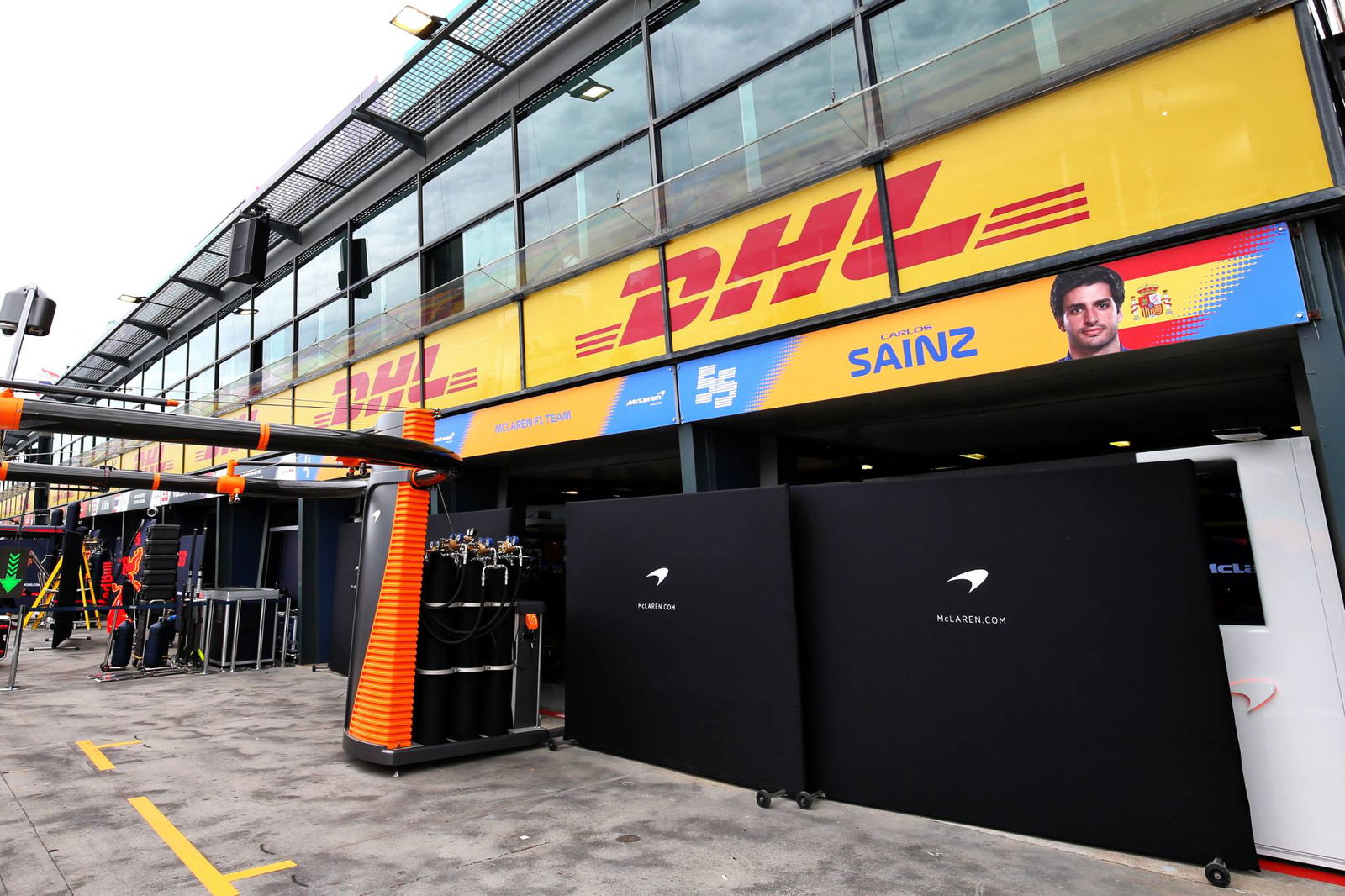
The reshuffling of the F1 race calendar
Trying to draw up F1’s new 2020 calendar has proven a near-impossible task looking at what the world currently faces. A start in June has been pushed back to July and now looks likely to move back further into the summer as national governments place bans on public events.
F1 bosses are assessing all options on how to get the 2020 season started, ranging from standard Grand Prix weekends to hosting double races and races behind closed doors at circuits where it is possible, with both the Red Bull Ring and Silverstone open to the opportunity.
Ultimately, any reshaping of the race calendar depends on how the coronavirus crisis develops globally and the decisions made by each national government on allowing public events and sport to resume.
To date, a July restart remains the primary target for F1 organisers with an all-new calendar anticipated once greater clarity on hosting races can be gained.
While public events remain banned in France until July 11, the race could still go ahead on its planned date of June 28 if French GP organisers are willing to host a race without spectators and the authorities permit a behind closed doors event. Similar plans are also being discussed with both the Austrian and British rounds.
The Belgian Grand Prix will need rescheduling (along with the seven other races previously postponed) as the national government has already banned public events until September 1, with the Spa-Francorchamps race set to take place on August 30. Its traditional double-header slot with the Italian Grand Prix also looks on shaky ground given Monza sits in the worst-hit region in Italy with strict lockdown rules still in place.
F1 bosses are hoping to put together a new calendar which will see triple-headers split by one weekend off which would naturally force a complete calendar reshuffle, especially if the sport is still looking to put on up to 19 races in 2020, but for now all options remain open.
The compressed schedule could also see adjustments to race weekends as two-day events are suggested to ease logistic and financial pressures.
But in a worst-case scenario which has been discussed by Liberty Media bosses, October appears to be a cut-off point in terms of getting a 2020 season together. If no races can be planned by then, it seems likely F1 would be prepared to cancel the entire season.
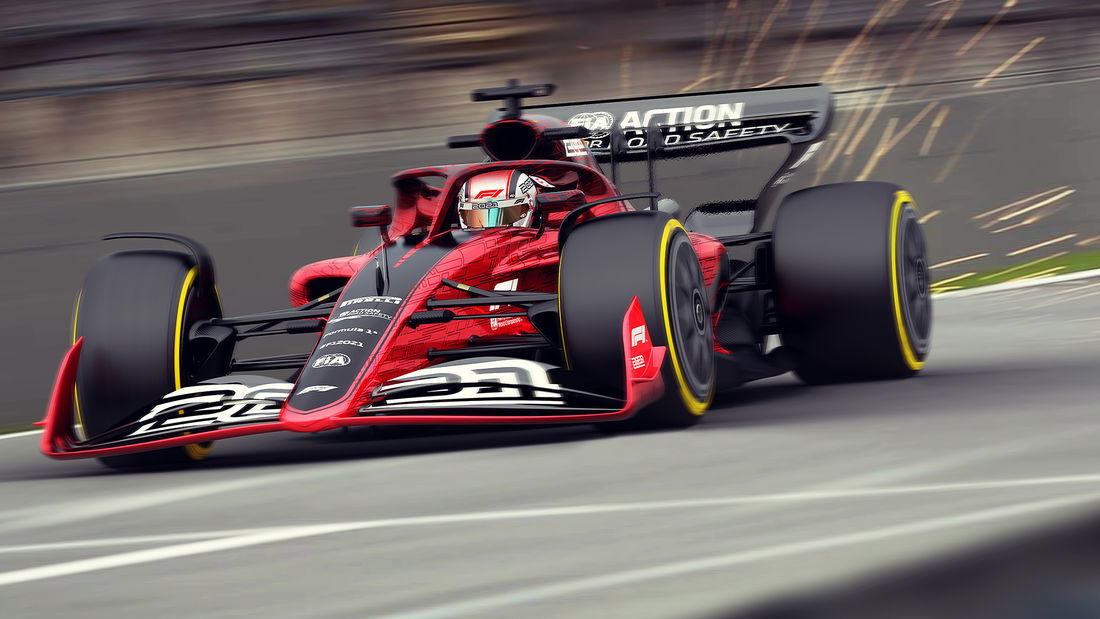
F1’s cost-cutting measures
In the interim period, F1 has already taken action where it can by bringing forward the summer shutdown period to March and April, while also extending the break to reign in any costly development races, which has received the full backing from F1 teams.
The shutdown period looks set to be stretched further due to no chance of racing in May to create the longest ‘off season’ in the sport’s history.
Cost-cutting has been central to F1’s early changes, with the major rules overhaul delayed until 2022 with this year’s cars set to be run for the 2021 season.
Five of the UK-based teams have also placed large numbers of its staff into furlough during the shutdown period with key management staff and drivers also taking pay cuts to ease the financial pressure.
Many of F1’s smaller teams, led by McLaren, have called for cutbacks to go further by lowering the cost cap from its original $175 million, which has seen a standoff develop between the Woking team and Ferrari who oppose the move.
McLaren team principal Andreas Seidl sees the current crisis as the “final wake-up call” for the sport to triggered wide scale changes to protect its future, with the team’s chief executive Zak Brown slamming Ferrari’s stance on the resisting the cost cap reduction.
The FIA has altered its own rules to allow F1 to use a majority backing to make key decisions, rather than requiring unanimous support, in a bid to push through changes at a faster rate.
It gives F1 bosses greater flexibility to reshuffle the 2020 calendar, while it could also prove decisive either way on the cost cap.
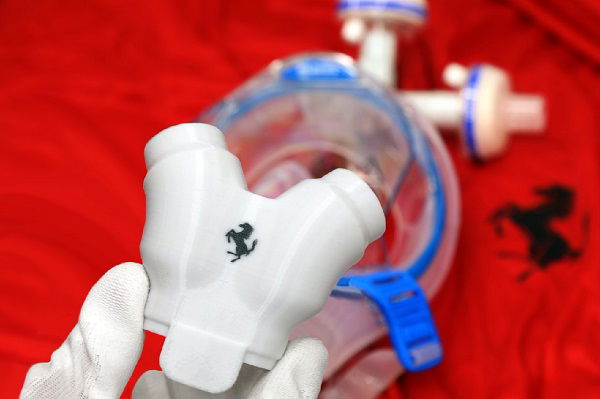
What the teams have been up to during the shutdown
In terms of F1 activities, not a lot.
Since returning from Australia, with equipment and cars delivered in the days and weeks after the race was cancelled, all F1 teams have effectively gone into standby mode until further notice.
But it hasn’t stopped teams from keeping busy, with F1’s seven UK-based teams contributing to the ‘Project Pit Lane’ initiative aimed to help support health services battling the coronavirus crisis by turning its F1 operations to medical equipment factories.
Mercedes has repurposed its engine plant in Brixworth to produce reverse-engineered breathing aids, creating up to 10,00 devices at 1,000 per day, while Red Bull and Renault teamed up on a ventilator project which was ultimately called off.
Ferrari has also contributed to Italy’s efforts fighting the pandemic by helping manufacture respirator valves and protective mask equipment for frontline medical personnel, and the Agnelli family who controls Ferrari made a €10m donation to support charities and medical organisations.
While F1 tasks have come to a standstill when they would have been at their busiest under normal circumstances, either intentionally or unavoidably, action is underway to salvage the 2020 season and the sport itself.
